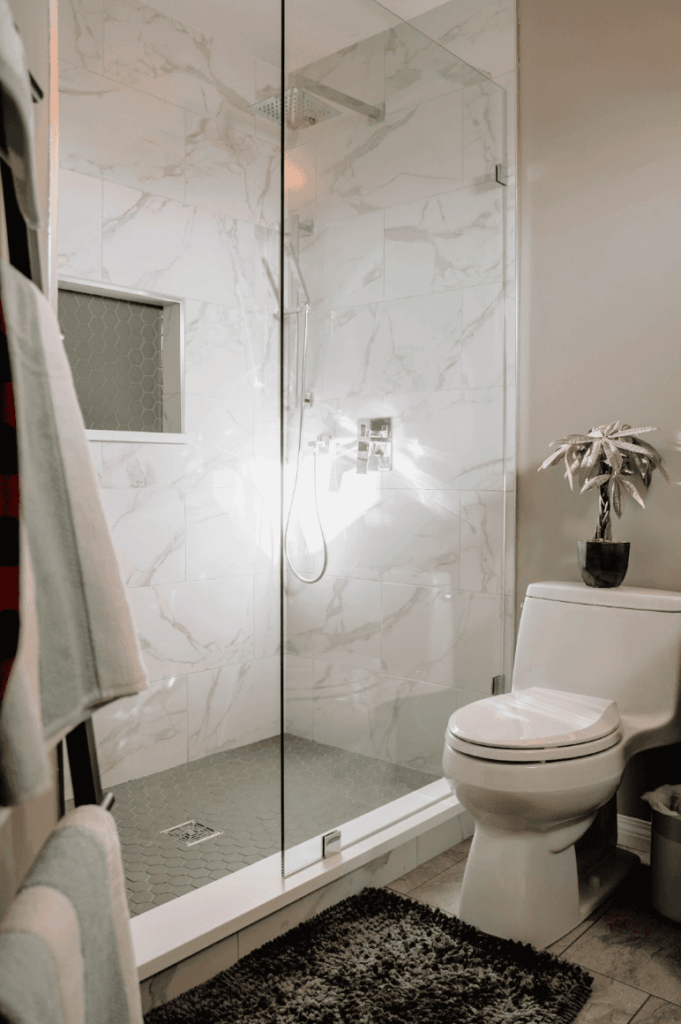Don’t Let Paradoxical Diarrhea Ruin Your Day
Have you ever experienced a peculiar mix of constipation and diarrhea at the same time? This unusual phenomenon, known as paradoxical diarrhea or overflow diarrhea, can be both confusing and uncomfortable. Here’s what you need to know about this condition:
What is Paradoxical Diarrhea?
Paradoxical diarrhea occurs when liquid stool leaks around impacted, hardened stool in the colon. This leakage leads to symptoms of both constipation and diarrhea simultaneously. It’s often associated with conditions like mixed irritable bowel syndrome (IBS-M).1
Symptoms may include:
- Infrequent bowel movements or difficulty passing stool
- Dark, hard, dry stools
- Watery stool that doesn’t provide relief
- Nausea, abdominal pain, bloating, and sometimes blood in the stool
- Causes and Risk Factors
Paradoxical diarrhea is commonly linked to:
- Mixed IBS (IBS-M)
- Dietary triggers or lifestyle factors like stress
- Bacterial infections affecting gut health
- Complications
Untreated paradoxical diarrhea can lead to:
- Colon perforation or hemorrhoids
- Fistulas connecting intestines to other organs
- Malnutrition and increased risk of colon cancer1
Doctors diagnose paradoxical diarrhea through:
- Medical history review
- Physical exams and digital rectal exams
- Imaging tests like X-rays or CT scans
Treatment options include:
- Digital disimpaction
- Enemas to flush out impacted stool
- Laxatives to stimulate bowel movements
- Prevention
Preventing constipation is key:
- Stay hydrated and consume fiber-rich foods
- Manage stress and incorporate probiotics into your diet
- Limit caffeine and alcohol
- Engage in regular aerobic exercise
Pelvic floor physical therapists can play a crucial role in managing paradoxical diarrhea by addressing the underlying pelvic floor dysfunction that often contributes to this condition. These specialists use techniques such as biofeedback, manual therapy, and targeted exercises to strengthen and coordinate the muscles of the pelvic floor, which can help improve bowel function and reduce symptoms of both constipation and diarrhea3.
By teaching patients how to properly engage and relax their pelvic floor muscles, physical therapists can help alleviate the strain and pressure that lead to fecal (bowel) impaction and overflow diarrhea. Additionally, they can provide patient education on dietary modifications, hydration, and bowel habits to support overall digestive health and prevent future episodes of paradoxical diarrhea. Through a comprehensive and individualized approach, pelvic floor physical therapists help patients regain control over their bowel function, enhancing their quality of life.
While short episodes of paradoxical diarrhea may resolve on their own, persistent symptoms warrant medical attention to prevent complications. Understanding the causes and managing symptoms effectively can significantly improve quality of life. If you are experiencing symptoms of chronic constipation, diarrhea/loose stools, and/or paradoxical diarrhea; reach out to your physician.
For more detailed information and updates on health topics, stay tuned to our blog. Stay informed, stay healthy! If you’d like to visit us, schedule your appointment here. We hope to meet you soon!
References
- Whitehead WE. Functional anorectal disorders. Seminars in gastrointestinal disease. 1996;7(4):230-236.
- Cohen RA, Pops MA. Paradoxical diarrhea with opiates. JAMA : the journal of the American Medical Association. 1968;205(11):802-803.
- Camilleri M. Diagnosis and Treatment of Irritable Bowel Syndrome: A Review [published correction appears in JAMA. 2021 Apr 20;325(15):1568. doi: 10.1001/jama.2021.4833]. JAMA. 2021;325(9):865-877. doi:10.1001/jama.2020.22532

